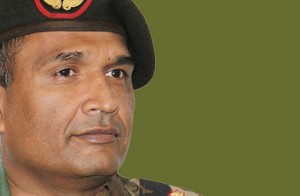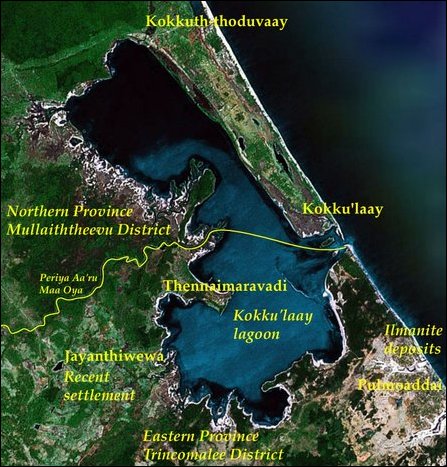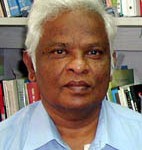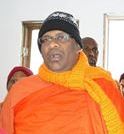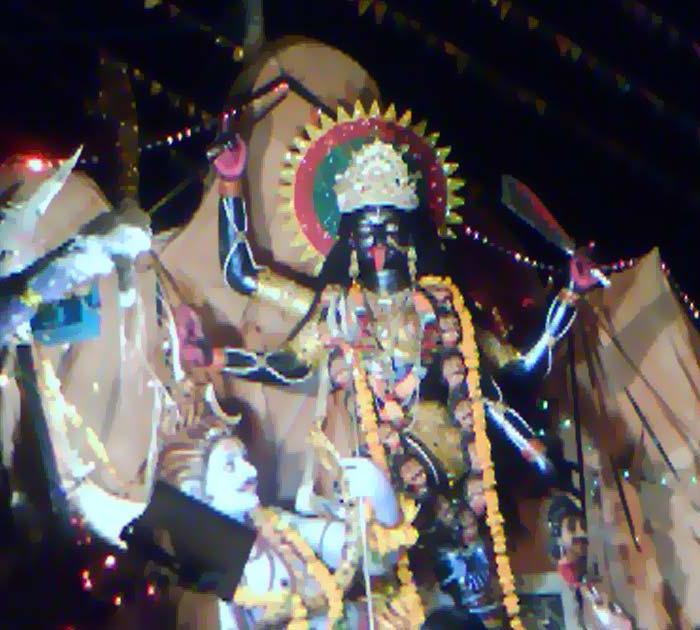
By Shamindra Ferdinando-October 30, 2013, 9:58 pm

Defence Secretary Gotabhaya Rajapaksa yesterday said those campaigning for an international war crimes tribunal against Sri Lanka would try to exploit British Premier David Cameron’s forthcoming visit to the Jaffna peninsula next month.
The UK premier’s visit would be a platform for the human rights groups as well as the LTTE rump to reiterate unsubstantiated allegations against the army during the last few weeks of a 30-year war, the Defence Secretary told The Island.
Premier Cameron is due here to lead the UK delegation for the Commonwealth Heads of Government Meeting (CHOGM). Head of the Commonwealth, the Queen will be represented by Prince Charles.
Asked whether he felt uneasy about international media attention being drawn to Jaffna, a smiling Rajapaksa said that the British Premier as well as any other Commonwealth leader, interested in visiting the Jaffna peninsula or any other part of the Vanni region, could do so. Recollecting attempts at the end of war to depict the peninsula as an open prison camp, the Defence Secretary said that nothing could be as beneficial to Sri Lanka as Premier Cameron’s visit.
The Defence Secretary said: "Since the conclusion of the conflict in May 2009, many international figures had visited the Jaffna peninsula and the Vanni. United Nations Human Rights Commissioner, Navanethem Pillay recently flew to Jaffna, stayed there overnight and then drove along the A9 to Iranamdu airfield for a special flight to China bay. We believe such international visits could help us counter lies propagated by the LTTE rump and a section of the media. Western leaders can see the actual ground situation for themselves in the Northern Province. "
Delegations visiting Jaffna will utilise the Palaly airfield geared to handle both military and commercial flights.
Noting that the UK had sent back over 1,000 Sri Lankans since the conclusion of the conflict, the Defence Secretary said that the British delegation and the accompanying media would be able to examine whether there were any push factors for people to seek political asylum abroad.
The Defence Secretary urged the foreign media to inquire into the rehabilitation of ex-LTTE combatants. Emphasising that Sri Lanka’s success in reintegrating into society those who had once fought for a terrorist organisation was unique, the Defence Secretary said that the International Organisation for Migration (IOM) could furnish them with data relating to the ongoing project as the UN agency, too, was involved in the process.
The former Commanding Officer of the First battalion of the Gajaba Regiment (IGR) said that the use of children as cannon fodder by the LTTE had continued until last few weeks of the conflict. The Defence Secretary recollected the LTTE going ahead with the forcible recruitment of children even after signing an agreement with the UN to do away with the despicable practice way back in May 1998. "Child soldiers remained an issue until the eradication of the LTTE in May 2009. Since then, there hasn’t been a single case of child recruitment. Those who had remained mum when children were thrown into battle and civilians used as human shields are now pushing Commonwealth nations to boycott the Colombo summit," the Defence Secretary said.
He said that those visiting the Northern Province would be surprised to note the progress made in de-mining since the end of the war. Appreciating the support extended by foreign governments and NGOs, the Defence Secretary said the de-mining project spearheaded by the Sri Lankan military was rapidly coming to an end.
The Defence Secretary expressed satisfaction that the government had been able to pave the way for the setting up of the first Northern Provincial Council ahead of the Commonwealth summit. "I hope the British delegation will appreciate the efforts made by Sri Lanka to restore normalcy in the Jaffna peninsula. In accordance with the post-war security strategy, the strength of the army deployed in the peninsula is down to 15,000. At the height of the conflict, the army maintained 45,000 personnel there," he said.




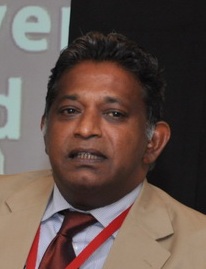




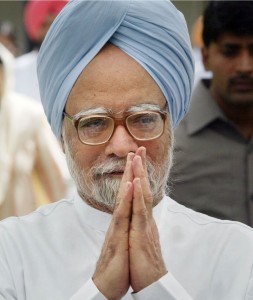


 British Prime Minister David Cameron is to meet members of the Tamil Diaspora in the UK to discuss the situation in Sri Lanka and Tamil concerns ahead of the Commonwealth Head of Government Meeting (CHOGM) in Colombo next month.
British Prime Minister David Cameron is to meet members of the Tamil Diaspora in the UK to discuss the situation in Sri Lanka and Tamil concerns ahead of the Commonwealth Head of Government Meeting (CHOGM) in Colombo next month.
